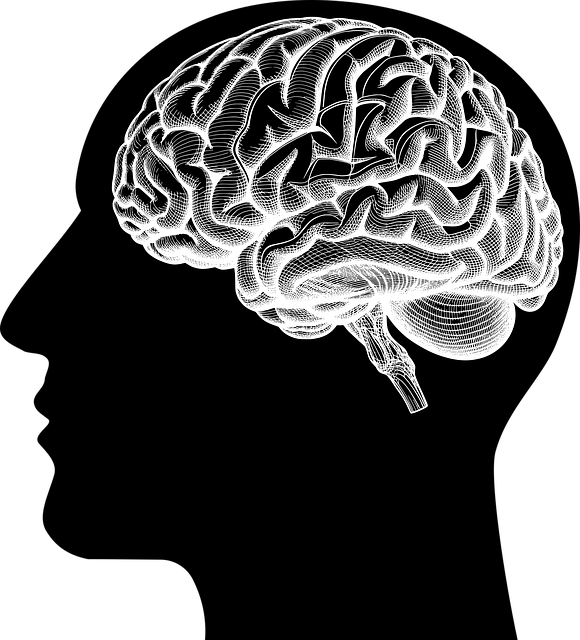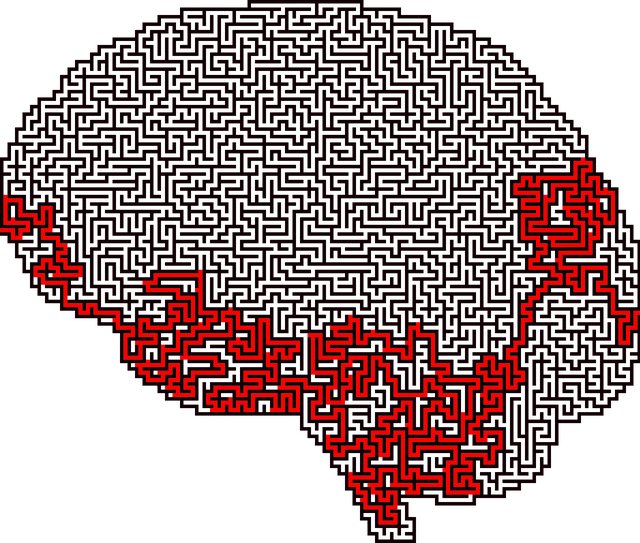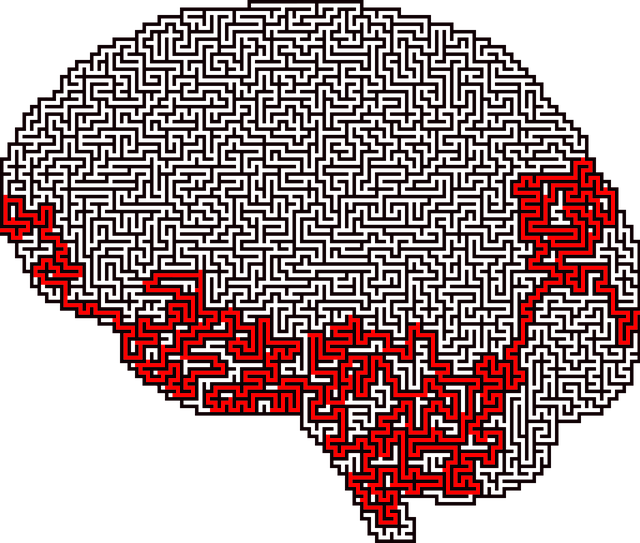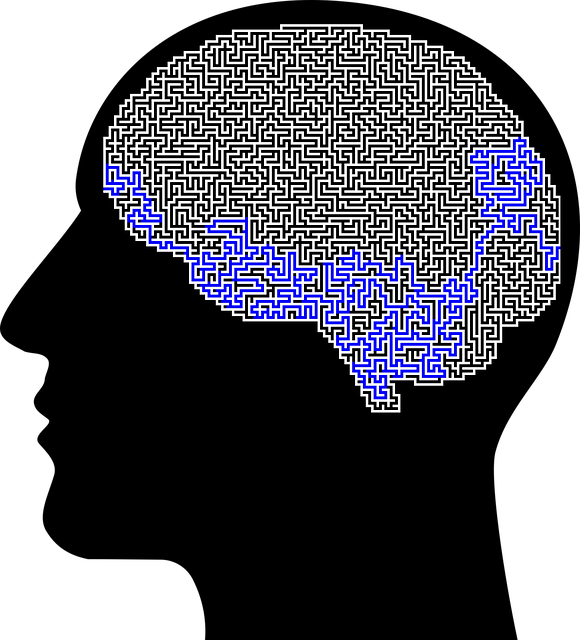Englewood Spiritual-Religious Issues Therapy (ESRIT) offers a unique, holistic approach to mental health treatment by integrating mindfulness, spiritual growth, and religious beliefs. It goes beyond conventional methods like CBT, focusing on present-moment awareness and inner connection. ESRIT utilizes practices such as prayer, meditation, and mindfulness exercises to enhance emotional well-being, provide purpose, and aid in navigating life's challenges. Studies show significant improvements in managing depression, anxiety, and stress-related disorders. Through personalized sessions and resources like the Englewood Mental Wellness Podcast Series, individuals cultivate resilience, equanimity, and inner peace, leading to improved mental health outcomes.
Mood regulation strategies are essential tools for navigating life’s challenges. This comprehensive guide explores various approaches, from mindfulness and spirituality to religious coping mechanisms and evidence-based therapies, offering a holistic path to emotional well-being. We delve into practical strategies cultivatable in daily life, focusing on resilience and equanimity. Understanding the interplay between spiritual-religious issues and therapy can empower individuals to manage their moods effectively, fostering a sense of balance and tranquility.
- Understanding Mood Regulation: The Role of Mindfulness and Spirituality
- Exploring Religious Coping Mechanisms and Their Impact on Emotional Well-being
- Evidence-Based Therapies for Effective Mood Management: A Holistic Approach
- Practical Strategies for Daily Life: Cultivating Resilience and Equanimity
Understanding Mood Regulation: The Role of Mindfulness and Spirituality

Understanding Mood Regulation: The Role of Mindfulness and Spirituality
Mood regulation is a complex process that involves managing and stabilizing emotions to achieve emotional well-being. While conventional therapy often focuses on coping skills development, such as cognitive behavioral therapy (CBT), an increasing number of mental health professionals are recognizing the profound impact of mindfulness and spirituality on mood stabilization. These practices encourage individuals to cultivate present-moment awareness, fostering a deeper connection with their inner selves.
Englewood spiritual-religious issues therapy integrates these concepts, promoting self-reflection and spiritual growth as tools for enhancing emotional resilience. By incorporating mindfulness techniques into therapeutic practices, professionals can help clients develop confidence-boosting strategies that go beyond traditional coping mechanisms. Moreover, exploring spirituality can provide individuals with a sense of purpose and meaning, which is crucial for navigating life’s challenges and maintaining mental health, as supported by various mental health policy analysis and advocacy initiatives worldwide.
Exploring Religious Coping Mechanisms and Their Impact on Emotional Well-being

Exploring religious coping mechanisms can offer valuable insights into mood regulation strategies and emotional well-being. For many individuals, faith serves as a powerful source of comfort and resilience during challenging times. Engaging in religious practices such as prayer, meditation, or attending worship services can provide a sense of calm and perspective, helping to navigate through life’s storms. These spiritual-religious issues therapy techniques have been shown to foster burnout prevention by offering a sense of purpose and community support.
Mindfulness meditation, often incorporated into many religious traditions, is a particularly effective strategy for managing emotions. By encouraging individuals to focus on the present moment and accept their feelings without judgment, mindfulness can enhance emotional awareness and regulation. Moreover, communication strategies rooted in religious beliefs can facilitate open dialogues about difficult emotions, providing additional coping mechanisms and fostering stronger social connections.
Evidence-Based Therapies for Effective Mood Management: A Holistic Approach

Englewood Spiritual-Religious Issues Therapy (ESRIT) is a powerful tool in evidence-based practices for effective mood management. This holistic approach integrates spiritual and religious beliefs with traditional therapeutic methods to create a well-rounded strategy for individuals seeking mental health support. Studies have shown that incorporating ESRIT into therapy can significantly enhance emotional well-being, especially for those dealing with depression, anxiety, and stress-related disorders. By addressing the spiritual aspects of life, this therapy offers a unique perspective on finding meaning, purpose, and inner peace, which are essential components in managing one’s mood and overall mental health.
Incorporating evidence-based techniques, such as mindfulness meditation, cognitive behavioral therapy (CBT), and acceptance and commitment therapy (ACT), alongside spiritual practices, allows for comprehensive mood regulation. These therapies empower individuals to develop coping strategies, challenge negative thought patterns, and build resilience. Moreover, engaging in structured Stress Management Workshops Organization sessions or one-on-one counseling can facilitate a deeper understanding of personal beliefs and their impact on mood. Risk Management Planning for Mental Health Professionals plays a crucial role in ensuring that these therapeutic approaches are tailored to each client’s unique needs, fostering a safe and supportive environment for emotional growth.
Practical Strategies for Daily Life: Cultivating Resilience and Equanimity

In our daily lives, navigating stress, anxiety, and emotional turmoil is inevitable. However, cultivating resilience and equanimity can help us maintain a sense of calm and clarity amidst life’s challenges. Practical strategies for cultivating equanimity include mindfulness practices such as meditation and deep breathing exercises. By focusing on the present moment and observing thoughts without judgment, individuals can develop a greater capacity to handle difficult emotions. Incorporating gratitude practices into daily routines also plays a significant role in promoting mental wellness; reflecting on positive aspects of life helps foster a sense of contentment and resilience.
Englewood Spiritual-Religious Issues Therapy offers valuable tools for enhancing emotional regulation. Through therapy sessions, individuals can explore the root causes of their distress, develop coping mechanisms tailored to their unique needs, and learn effective stress reduction methods. Encouraging positive thinking and reframing negative thought patterns are additional strategies that contribute to overall mental wellness. For those seeking comprehensive guidance, Englewood’s Mental Wellness Podcast Series Production provides accessible resources and insights into various techniques for managing mood and cultivating inner peace.
In conclusion, mood regulation is a multifaceted process that involves understanding our emotional responses, cultivating mindfulness, exploring spirituality, and adopting evidence-based therapies. By integrating religious coping mechanisms, practical strategies for daily life, and holistic approaches, individuals can enhance their emotional well-being. Engaging in these strategies, such as those explored under Englewood Spiritual-Religious Issues Therapy, empowers people to navigate life’s challenges with resilience and equanimity, ultimately leading to a more balanced and fulfilling mood state.














